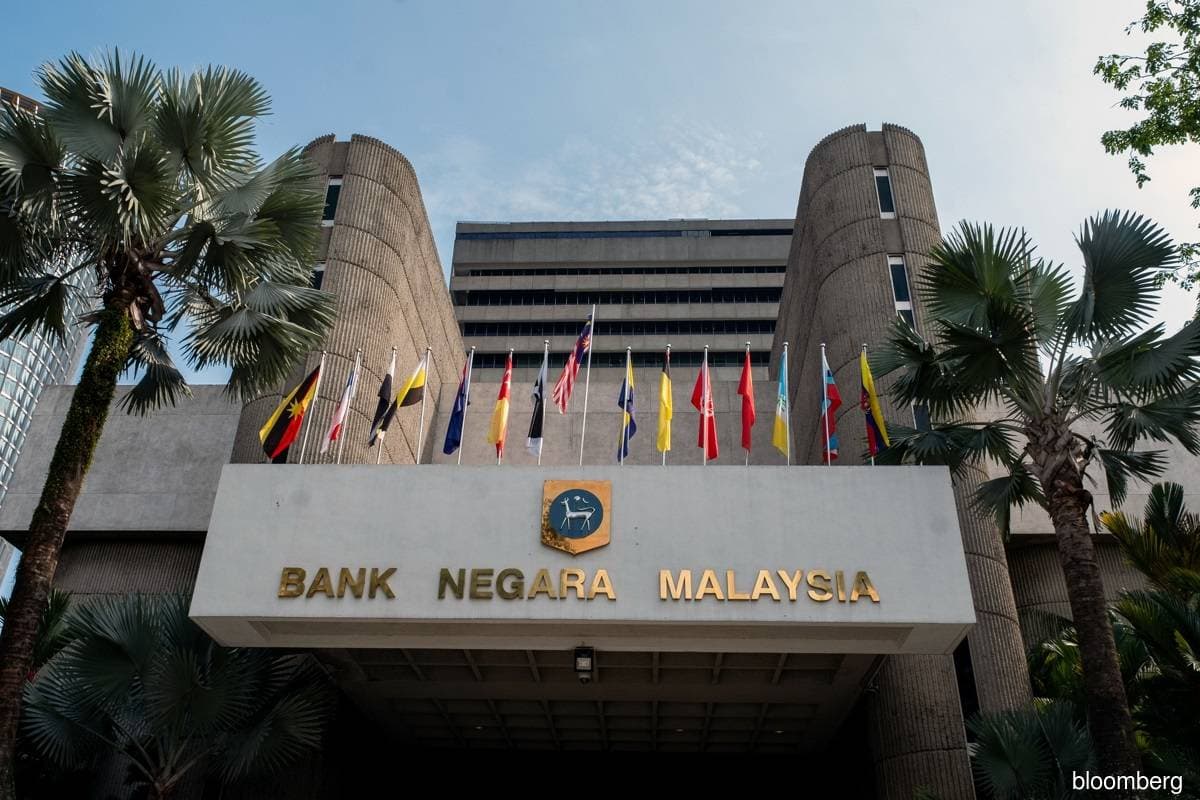
KUALA LUMPUR (Dec 4): Bank Negara Malaysia (BNM) is in the final stages of developing the licensing framework for digital banking, which the central bank envisions can enhance access to affordable and quality financial solutions, particularly for the underserved and hard-to-reach market segments, according to Assistant Governor Adnan Zaylani Mohamad Zahid.
Adnan Zaylani said that from BNM's sandbox experience, the central bank also observes similar digital alternatives and solutions being developed in the insurance and takaful sector.
"Our shift towards e-payments has also been sustained, with a 47% increase in the volume of transactions made through internet and mobile banking, and a 260% increase in active e-wallet users between August 2019 and 2020.
"Furthermore, good progress has been made in enabling the interoperability of e-wallet services offered by banks and non-bank e-money issuers. Looking ahead, BNM will continue to focus on fostering well-designed regulations to facilitate digitalisation and innovation in financial services.
"All these efforts are intended to support the financial services industry's acceleration in its transition to an age of digitalisation and innovation. We have high hopes for Islamic finance to capitalise on this," he said in his opening speech at the third Islamic Fintech Dialogue on Tuesday.
Adnan Zaylan's speech is, however, available on BNM's website since yesterday.
He said that right now, digitalisation is riding on the coat-tails of the Covid-19 pandemic crisis and that with social distancing and travel restrictions, anything that can be done online or virtually is being done so.
"There is no option for financial institutions but to be able to deliver and ensure the integrity of their services — banking, payments, insurance or takaful, in dealing with customers — digitally or online during these times. The road is thus wide open for fintech.
"In a not so distant future, we can expect that fintech will be part of the mainstream, perhaps even becoming the primary mode of delivery for financial services, no longer requiring strategising and planning on how we could fully embrace it in conferences and dialogues like we will be doing today," he said.